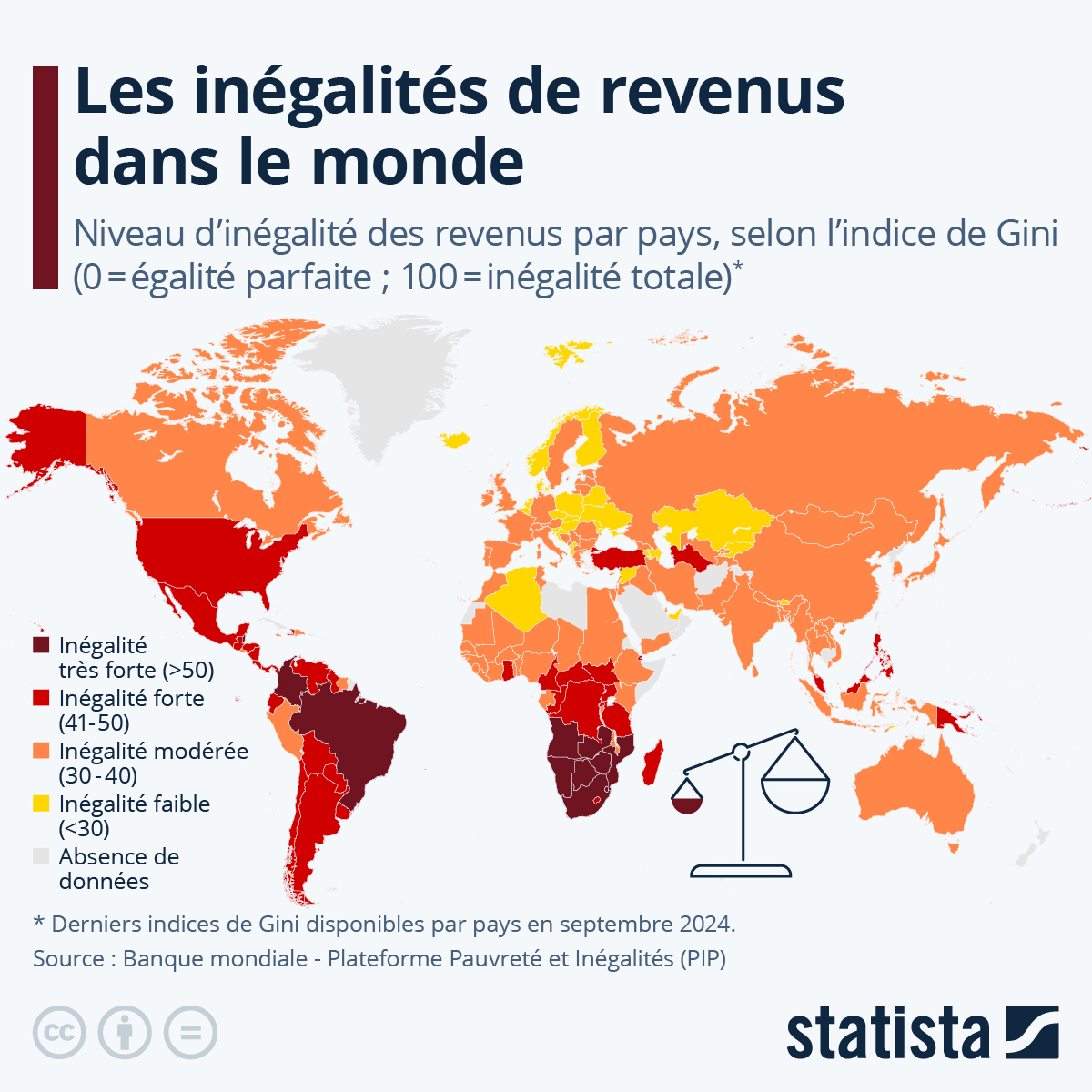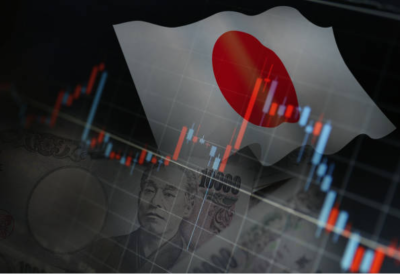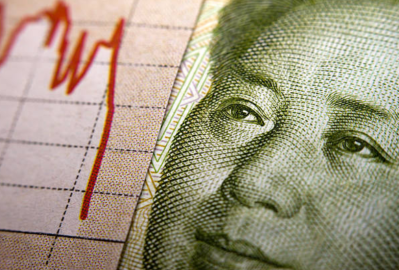News

The problem of modern slavery
The problem of modern slavery
A global economic trap
Last week, the Global Commission on Modern Slavery submitted a report to the UN Secretary General, revealing that 50 million human beings are victims worldwide, including over seven million in Africa. The temptation is great to
to say that our developed countries could never experience this situation, but that's a mistake, let's try to explain it.
Against a backdrop of economic globalization, our development model is based on the production of high value-added products, requiring skills that only a social elite can acquire, because training is expensive. In France, thecollapse of the public trainingsystem has only widened the inequalities between rich and poor in terms of knowledge and skills. This is because high value-added requires a smaller, even if skilled, workforce. It takes fewer people to manufacture and send a satellite into space than it does to make pants and shirts for an entire company. The growing complexity of the products that ensure our prosperity means that wages are becoming increasingly scarce.
Society is thus divided between those who are useful through their work, and those, increasingly numerous, who are useful only through their consumption, the indispensable driving force of the economy, what in Rome were called proletarians, charged only with proliferating. To ensure that this second category has sufficient purchasing power to play its role, general income is partially redistributed by the public authorities. But it is distributed unevenly, in no way undermining the social hierarchy derived from the economic hierarchy; this is why we have seen inequalities rise continuously since around 1980, so that today we have returned to 18th century levels of inequality.
The emergence of a dual society
And this trend will continue: the rich getting richer, the poor getting poorer, and the middle classes getting poorer; this is without taking into account the general enrichment due to the progress of our infrastructures, from transport to surgery to our means of communication, etc. We'll see if the current revolution in America, aimed at deglobalizing the economy, will put the brakes on this process. We shall see if the current revolution in America, aimed at de-globalizing the economy, will slow this process down. In the meantime, 1% of the world's population owns half the world's wealth.
Neither deceptive appearances (Bill Gates dressed in jeans as an unemployed person might be...) nor prejudices should mislead us: for example, 7% of the world's millionaires live in France, a country reputed to scare off the rich... compared to 1.6% living in England, a country reputed to welcome them better... The scarcity of salaried income is now leading to overheating: for one available salary, there are a hundred candidates with the same expertise in the same trade. It is inevitable that, in this context, decision-makers, whether owners or bosses, will be led to propose professions that are no longer salaried, but only remunerated either in kind - for example, an employee housed but not paid - or in profit-sharing on the expected profits from the activity.
The slide towards a new form of slavery
Several signs point to a return to a form of slavery in which those who work for others are merely maintained. We're already seeing the proliferation of unpaid, repetitive internships for high-level graduates. The only difference between neo-slavery and old-slavery - for a time - is that the dominant will not own the dominated. In practice, this will make no difference to the life of the neo-slave, who is only too happy to live better than his neighbor, who has no employer and lives in misery.
To retain this wave politically - insofar as it can be, because, as Marx taught, the evolution of relations between men depends on that of the tools of production - the question arises as to whether our societies have not been morally disarmed over the past decades. On the one hand, theold slavery is presented in an infantile way in schools and elsewhere, so that its future victims will not be able to recognize it. On the other, man himself is increasingly confined to a bio-centrism in which he has no more claim to a place than an animal or a plant. The result is a level of collective moral consciousness that encourages the dishonest exploitation of other people's work.
The post The problem of modern slavery appeared first on ESCI.
















No comment
Log in to post comment. Log in.